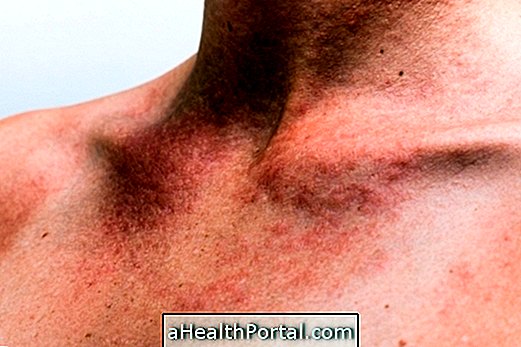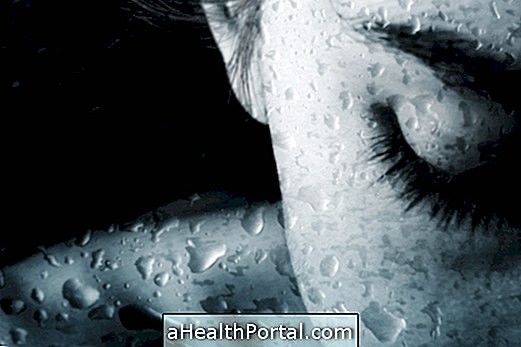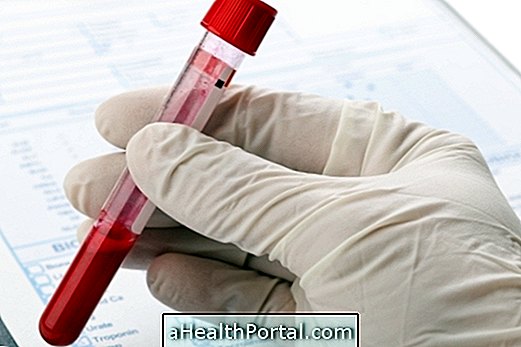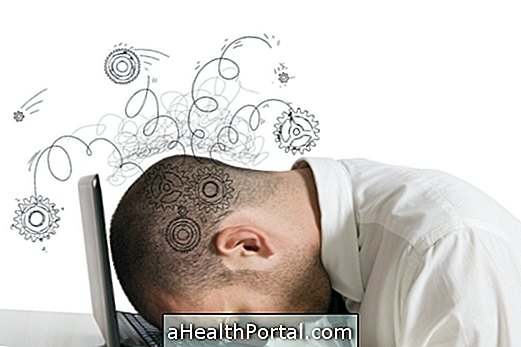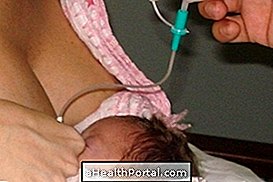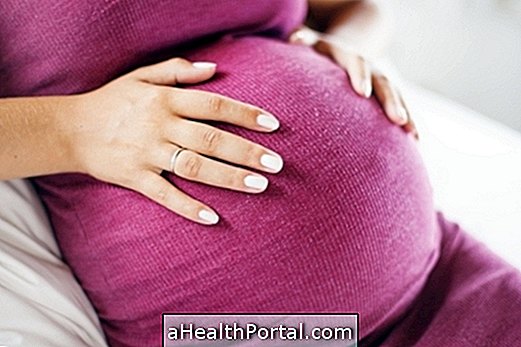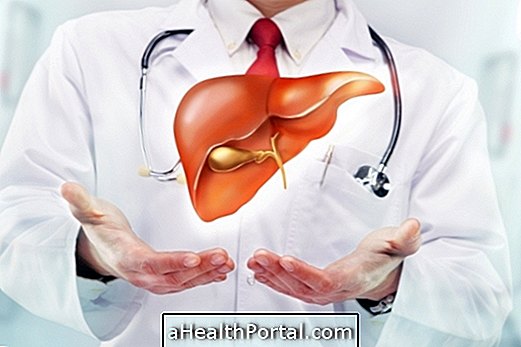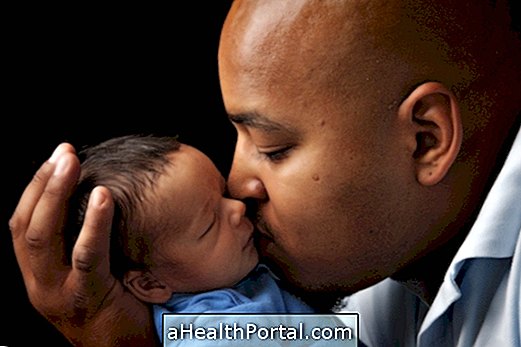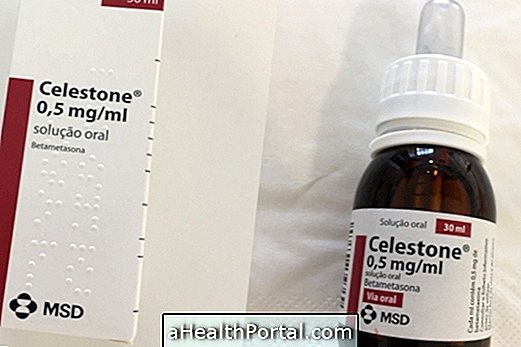Postpartum psychosis or puerperal psychosis is a psychiatric disorder that strikes some women after about 2 or 3 weeks of delivery.
This disease causes signs and symptoms such as mental confusion, nervousness, excessive crying in addition to delusions and visions, and treatment should be done in a psychiatric hospital with supervision and use of medications to control these symptoms.
It is usually caused due to the hormonal changes that the woman presents in this period, but is also greatly influenced by the mixture of feelings due to the changes with the arrival of the child, which can cause sadness and postpartum depression.
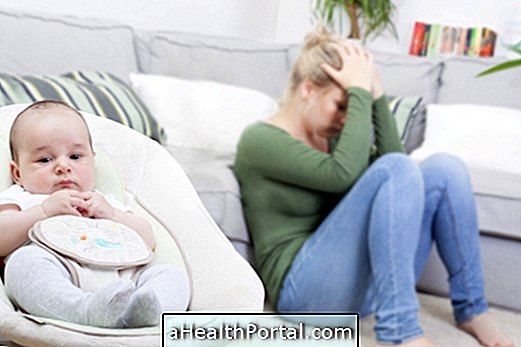
How is the treatment done?
The treatment for postpartum psychosis is done by the psychiatrist, with medications according to the symptoms of each woman, and may be with antidepressants, such as amitriptyline, or anticonvulsants, such as carbamazepine. In some cases, electroshocks may be required, which is electroconvulsive therapy, and psychotherapy may help women who have psychosis associated with postpartum depression. Learn more about postpartum depression.
Generally, it is necessary for the woman to stay hospitalized in the first few days, until there is improvement, so that there is no risk to her health or that of the baby, but important that the contact be maintained, with supervised visits, so that the bond is not lost with the baby. Family support, whether with child care or emotional support, is critical to helping to recover from this disease, and psychotherapy is also important to help the woman understand the moment.
With the treatment, the woman can be cured and return to socializing as a baby and the family, however, if the treatment is not performed soon, it is possible that she has symptoms worse and worse, to the point of losing consciousness of reality, at risk to your life and baby's life.
What causes
The moment of the arrival of the child marks a period of many changes, in which many feelings such as love, fear, insecurity, happiness and sadness are mixed. This large amount of feelings, associated with the changes of hormones and the body of the woman in this period, are important factors that trigger an outbreak of psychosis.
Thus, any woman can suffer postpartum psychosis, although there is a higher risk in some women who worsen postpartum depression, who had a previous history of depression and bipolar disorder, or who are experiencing conflicts in their personal or family life, such as difficulties in their professional, economic, and even unplanned pregnancies.
What differentiates psychosis from postpartum depression
Postpartum depression also usually occurs in the first month of the child's birth, and consists of feelings such as sadness, melancholy, easy crying, dismay, sleep disorders, and appetite. Psychosis, on the other hand, can have all these symptoms, as it can evolve from a depression, but in addition, the woman starts having very incoherent thoughts, feeling of persecution, alternating sadness and agitation, besides being able to have visions or hear voices.
Thus, in psychosis, the woman starts to stay out of reality, while in depression, despite the symptoms, she is aware of what is happening around her.
Main symptoms
The psychosis usually arises within the first month after delivery, but may also take longer to give signals. It can cause symptoms such as:
- Restlessness or agitation;
- Feeling of intense weakness and inability to move;
- Crying and emotional unrest;
- Suspicions;
- Mental confusion;
- Speak nonsense;
- Having an obsession with someone or something;
- View figures or hear voices.
In addition, the mother may have distorted feelings about reality and the baby, ranging from love, indifference, confusion, anger, distrust and fear, and in very serious cases may even endanger the child's life.
These symptoms may appear suddenly or gradually worsen, but you should seek help as soon as you notice it, because the sooner the treatment, the greater the chances of recovery and recovery for the woman.


